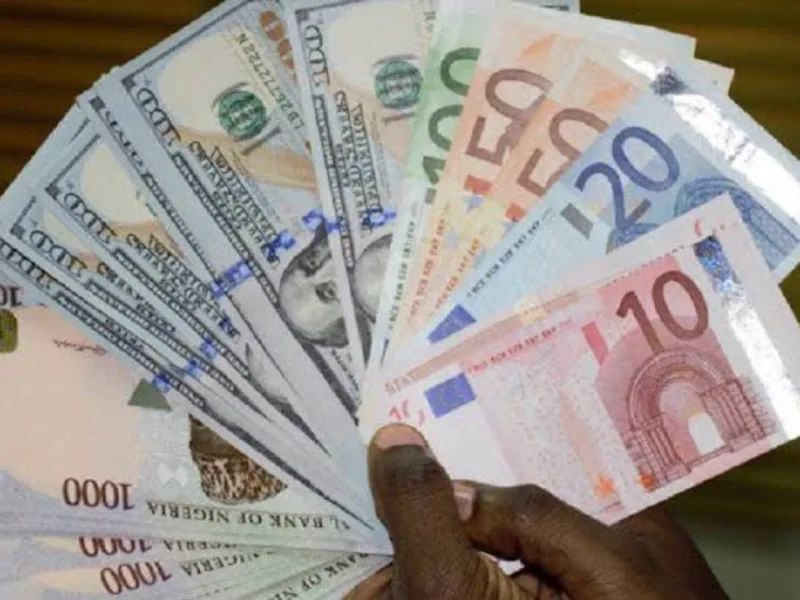Nigeria’s currency, the naira, has recently experienced a significant downturn, emerging as the worst performing currency globally over the past month, as reported by Bloomberg.
The latest report underscores the mounting pressure on the Central Bank of Nigeria (CBN) to consider further interest rate hikes in response to this concerning trend.
The naira has depreciated to 1,466.31 against the dollar, reaching its weakest level since March 20. This decline is attributed to a local scarcity of the US currency, with only $84 million available on Thursday, representing half of the previous day’s supply.
Previously, CBN Governor Yemi Cardoso had celebrated the naira as the best-performing currency globally as of April 2024. However, the currency faced challenges in March, plummeting to as low as N1,600/$1 on the official market and N1800/$1 on the parallel market.
Speaking to Bloomberg, Razia Khan, Chief Economist for Africa and the Middle East at Standard Chartered, highlighted that the upcoming maturity of $1.3 billion in naira futures by the end of the month could further strain market sentiment, potentially leading to increased demand for dollars.
The report suggests that the declining performance of the naira is expected to exert additional pressure on the CBN to consider another rate hike following its upcoming policy meeting on May 21. In February and March, the Central Bank raised rates by a total of 600 basis points, which contributed to the naira’s rebound from its March low.
The naira’s weakness also extended to the unofficial market, where it depreciated by 0.9% to 1,468 naira against the dollar on Friday, driven by heightened demand from individuals and small businesses, according to Abubakar Muhammed, CEO of Forward Marketing Bureau de Change Ltd.
Furthermore, the report highlights the challenges faced by other African currencies, with the Zambian kwacha hitting a record low and Ghana’s cedi weakening to its lowest level since 2022. Both countries are currently undergoing debt restructuring processes, which could impact capital flows.
Ayodele Salami, Chief Investment Officer for UK-based Emerging Markets Investment Management Ltd., noted that Ghana and Zambia’s delays in reaching debt restructuring agreements with private creditors are likely contributing to their currency woes. Additionally, increased domestic demand for dollars to cover the costs of importing raw materials and commodities, including oil, is putting pressure on African currencies, including the naira.










Join our Channel...